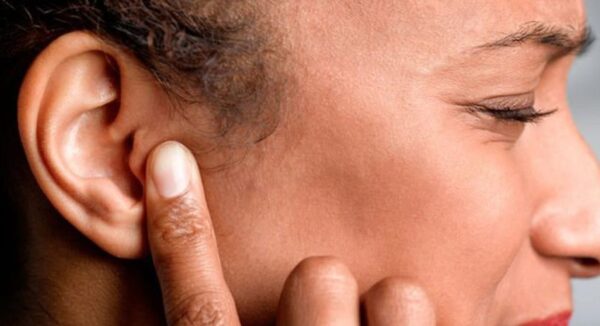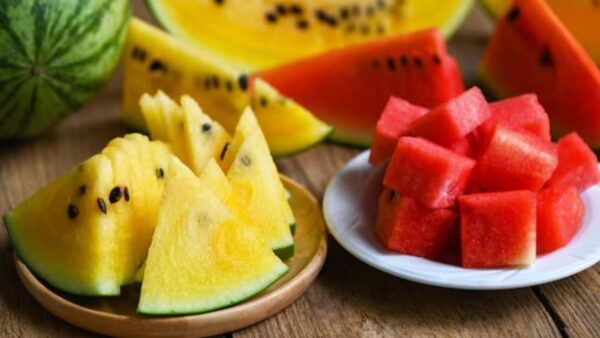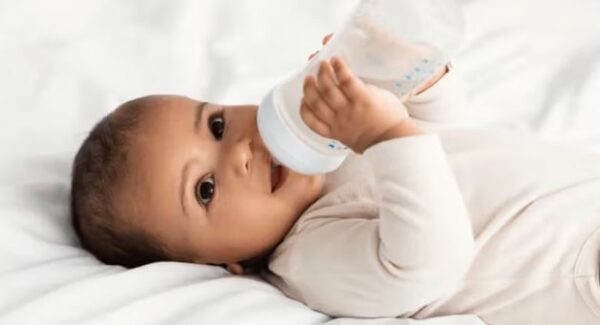Lifestyle
Why babies die from drinking water
Here’s why you should never give an infant water.
1. Water is unnecessary and has no nutrient
Water can be dangerous for a newborn baby because it puts unnecessary material in their stomach, making it difficult for them to absorb important nutrients like fat, calories, minerals, and vitamins. Instead, feed them nutrient-rich breast milk or formula to support their growth and development.
2. Water intoxication
Giving a baby water can result in water intoxication. The kidneys of an infant are not as mature and cannot withstand as much water as those of an adult. Giving even a modest amount of water to a newborn under six months old in a short amount of time can result in hyponatremia, which can cause death or enlargement of the brain.
Drinking too much water is deadly for anyone. Overhydration of the kidneys causes blood dilution and a decrease in the concentration of vital electrolytes, such as salt. An excessive amount of dilution can cause hyponatremia, or low blood salt levels.
Over the first six months, the baby’s stomach expands gradually, reaching a capacity of 2.7 to 5 ounces by the time they are one month old. They can carry roughly seven ounces of water in six months.
Small amounts of water can be introduced at around six months, but formula or breast milk should remain the baby’s primary source of nutrition and hydration. The majority of babies will still prefer their milk and regard water as a curiosity, but this will change. Babies can start drinking more water at one year old, coupled with a healthy diet and cow’s milk.











